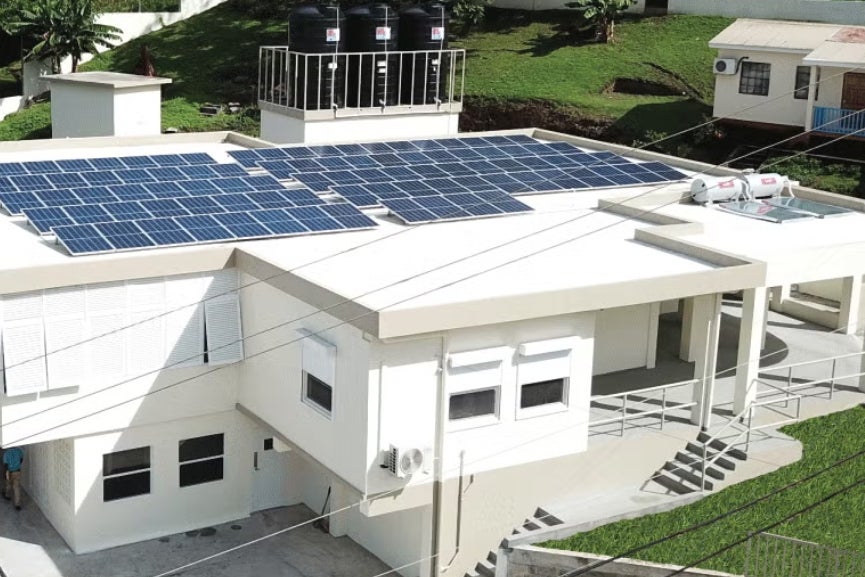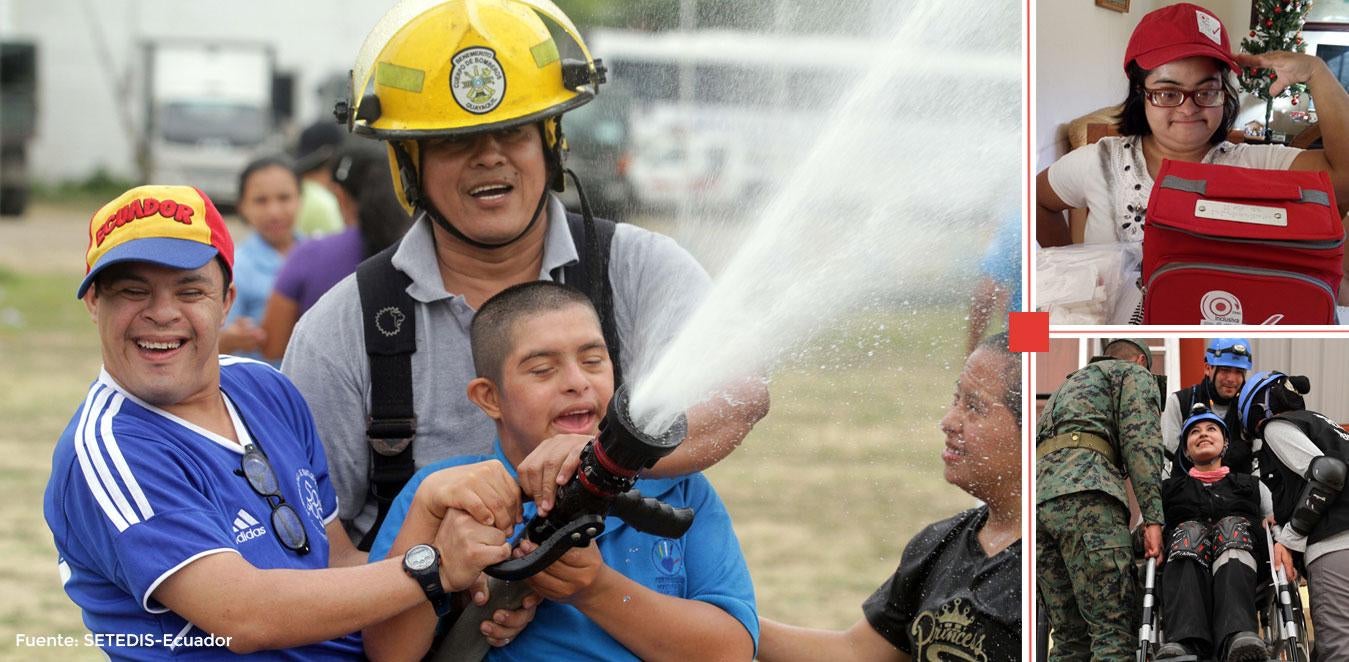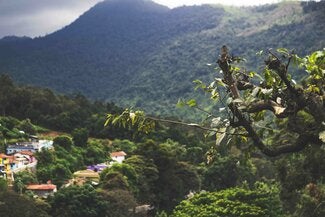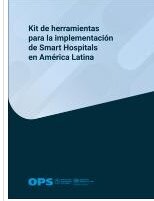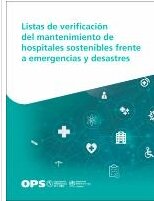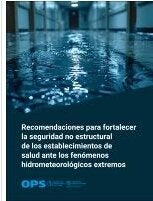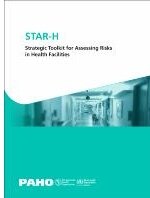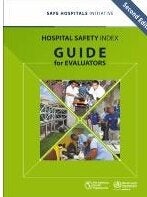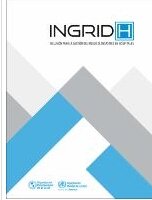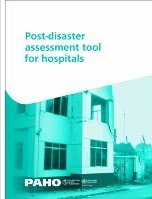Through the Health Emergencies Department (PHE), the Pan American Health Organization (PAHO/WHO) supports countries in the implementation of Disaster Risk Reduction initiatives to protect the lives of patients and health workers, shield health equipment and supplies from disasters, and ensure that the health services continue operating effectively during and after emergencies and disasters in order to save lives, reduce disabilities, and enable the health sector to fulfill its continuing responsibilities.
The main lines of action of the Disaster Risk Reduction unit of PHE are the implementation of the Disaster Risk Reduction Action Plan 2016-2021, the launch of the Safe Hospitals initiative, the promotion and application of mitigation and adaptation measures for health facilities to be resilient to disasters and environmentally friendly, and the development and implementation of emergency risk reduction and management strategies for internally displaced persons (IDPs), people with disabilities, and countries in situations of high vulnerability.
Iniciativas
The Resilient Hospital Initiative seeks to strengthen the capacity of health facilities in the Americas to respond to, adapt to, recover from and learn from health emergencies and disasters. Based on the Safe Hospitals program, it integrates various methodologies and tools into routine operational functions and services, with a multi-hazard approach, to ensure the continuity of essential services in critical situations. The initiative is the umbrella that encompasses both the Safe Hospitals and Smart Hospitals initiatives.
The Smart Hospitals initiative enhances the resilience of health facilities by strengthening their structural and operational aspects and implementing green technologies at a reasonable cost-to-benefit ratio. These interventions enable these facilities to continue operating during emergencies and disasters.
Cities and urban environments face complex risks that require specific strategies for preparedness and response. This initiative aims to enhance existing capacities and strengthen the competencies of the International Health Regulations (IHR 2005) at the local and urban levels for preparedness, response, and recovery in the health sector, in the countries of Latin America and the Caribbean.
PAHO/WHO and Evidence Aid created an Evidence Aid collection relevant to the development of resilient health systems in the context of disasters and other health emergencies. Access this collection of summaries for relevant systematic reviews will support preparedness, response and recovery, thereby sustaining and protecting public health gains.
Inclusive Disaster Risk Management
Disaster risk management must be inclusive and equitable, ensuring the participation of everyone, especially vulnerable groups. PAHO has developed tools and guides to integrate an inclusive approach into emergency planning and response, ensuring that no one is left behind.
Indigenous Knowledge and Disaster Risk Reduction Network
PAHO collaborates with this network to bolster the health and resilience of Indigenous populations before, during, and after disasters. This network enhances coordination between Indigenous communities and disaster management professionals, emphasizing the collection and dissemination of information to improve disaster risk reduction efforts among these populations.
Disaster Risk and Disabilities Inclusive Management Network for Latin America and the Caribbean
PAHO partners with the Disaster Risk and Disabilities Inclusive Management Network for Latin America and the Caribbean to advocate for the inclusion and active participation of people with disabilities and their families in all phases of disaster risk management.
The Sendai Framework for Disaster Risk Reduction 2015-2030 (Sendai Framework) was the first major agreement of the post-2015 development agenda and offers member states a set of concrete actions that can be taken to protect development gains against disaster risks. The Sendai Framework aligns with other agreements of the 2030 Agenda, such as the Paris Agreement on Climate Change, the Addis Ababa Action Agenda on Financing for Development, the New Urban Agenda, and the Sustainable Development Goals.
Health emergencies and disasters can arise from multiple threats, whether natural, technological, or health-related. This framework provides methodologies and guidelines to strengthen preparedness, response, and recovery capabilities with a multi-hazard approach, promoting operational continuity and resilience in the health sector.
Resources
Health is and will be affected by the changing climate through direct impacts (heat waves, droughts, heavy storms, and sea-level rise), and indirect impacts (vector-borne and airways diseases, food and water insecurity, undernutrition, and forced displacements).


